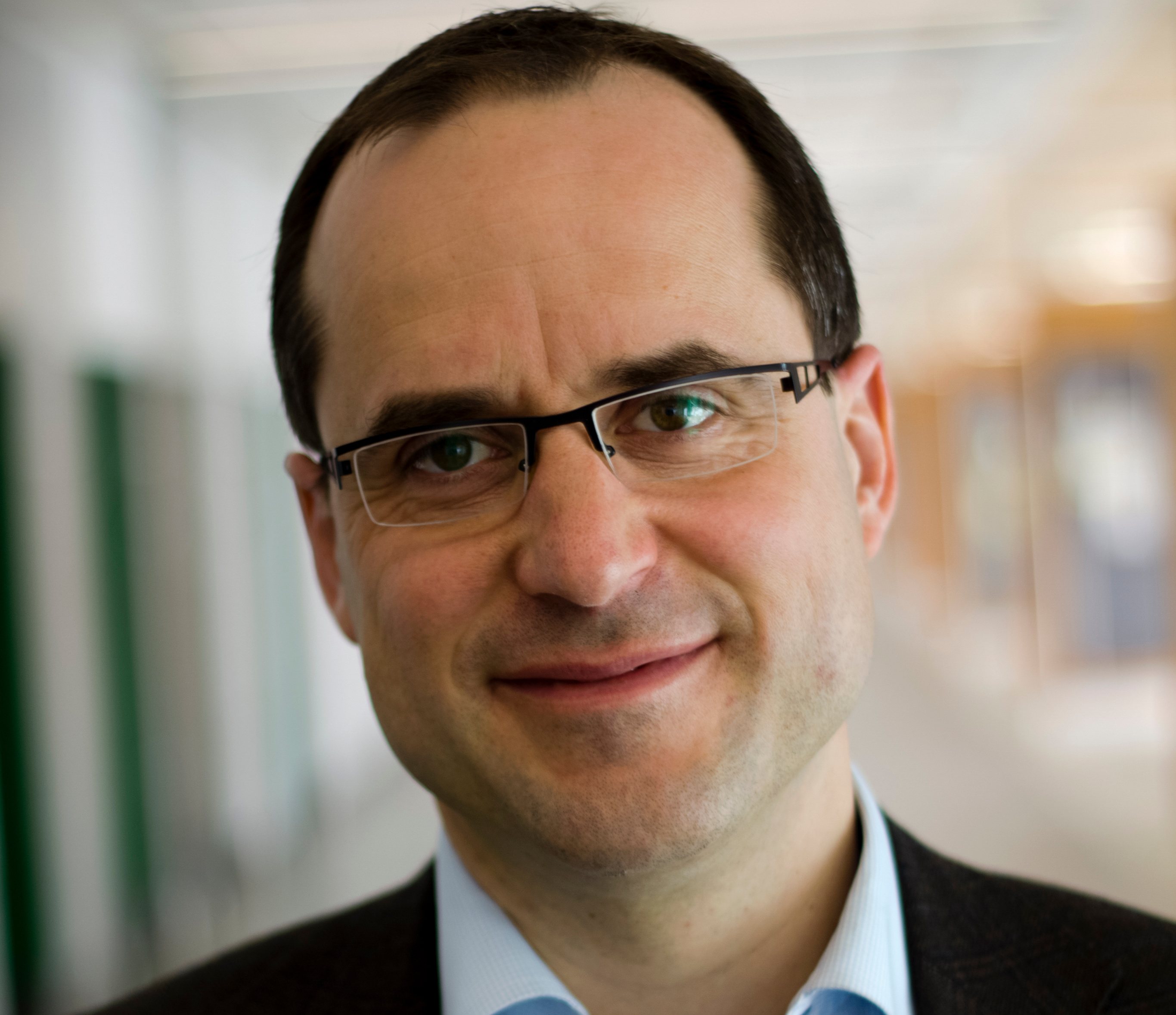University of Alberta health research is renowned for combining innovative approaches with state-of-the-art technology. Our health researchers tackle some of the toughest and most complex problems we face. Today, a growing focus on precision health nationally and globally is opening up new directions to better understand the health of individuals in ways we never have before.
The Precision Health Signature Area (PHSA) aims to bring together research and education projects across faculties with the potential to change the future of health care in Alberta and beyond. We met with Lawrence Richer, Vice Dean Research (Clinical) at the Faculty of Medicine & Dentistry—and Chair and Academic Lead of the Precision Health Signature Area—for an inside look at the future of personalized health care.
Why precision health? Why is this a signature area at the U of A?
Precision health is where health research and the health system are moving. We are going to be applying new molecular technologies, and computer and data science technologies to help improve our ability to make the right choices for individuals or select groups. It’s where medicine is going, and it will happen whether we're involved in it or not. But the strengths at the University of Alberta in the health sciences, health research and education are exceptional. Groups and researchers are already working on projects related to precision health. They may not call it precision health, but their focus on finding better diagnostics or using artificial intelligence to improve radiological imaging are but two examples happening right here, right now.
We also need to prepare our future students. There are many, many avenues in research and education, and not just in medicine or health sciences—whether it be preparing future data scientists or preparing future engineers who will develop better diagnostics.
What is your vision as the lead of the PHSA?
My vision in this new role is to find ways to capture the imagination, innovation and ingenuity of faculty throughout the university—people who may not have ever met each other, may not know that their work could relate to precision health, and may need to develop partnerships and collaborations that allow them to extend their innovation into the health system. It’s about bringing people together, creating those opportunities for success around cross-disciplinary work.
Precision health is so broad that wordsmithing a definition is almost impossible, so we want to define precision health for the University of Alberta based on the university’s operative strengths. As we find and develop stories within the area on groups that are doing interesting things, we will gradually build that “brand” of precision health at the U of A together.
I am learning so much about the strengths and success stories in our university. It's really opened up my eyes to the opportunities created, new partnership possibilities, new relationships. This is the biggest thing happening in the health sciences, and it’s exciting to be part of shaping precision health for the University of Alberta.
What are the possibilities of precision health?
Our ability to be more precise with how we make choices for individuals using digital devices or molecular technologies is growing exponentially, but the average clinician's ability to use all that information has not increased. So what precision health means to patients is that we'll be creating new technologies, and also the tools to enable clinicians and patients to make better decisions for their health.
A big opportunity and a real difference-maker we have in Alberta is the integrated health system. Working collaboratively, we can leverage the integrated system to help assure that promising discoveries will make it from the lab to the patient. We must work with our partners in Alberta Health Services and throughout the health system to ensure that we work to address the barriers and challenges that matter most so that the promise of precision health can be realized - the right treatment, for the right patient, at the right time.
How can researchers, learners and educators get involved?
If you have questions, comments, and you want to participate, reach out. We want to hear about your projects and ideas, and to foster creative collaborations in focused areas that will maximize opportunities for impact.
Laura Vega is a communications and marketing associate with the Faculty of Medicine & Dentistry.
